Recently, the Digital Economy Team of Shanghai Landing Law Offices, together with its Singapore Office and in collaboration with RHTLaw Asia LLP, successfully hosted the landmark “Singapore Web3 Compliance Guide 2025” thematic seminar at the North Bund International Legal Service Hub. This high-level event brought together legal practitioners, industry leaders, and academic authorities in the Asia-Pacific region. Where experts deconstructed Singapore’s Web3 compliance framework from diverse professional perspectives, it provided global digital economy participants with a cognitive framework that combines theoretical depth and practical value. The seminar was held both online and offline simultaneously, connecting senior industry professionals in Shanghai, Hong Kong (China), Singapore, and other countries for in-depth discussions and exchanges.
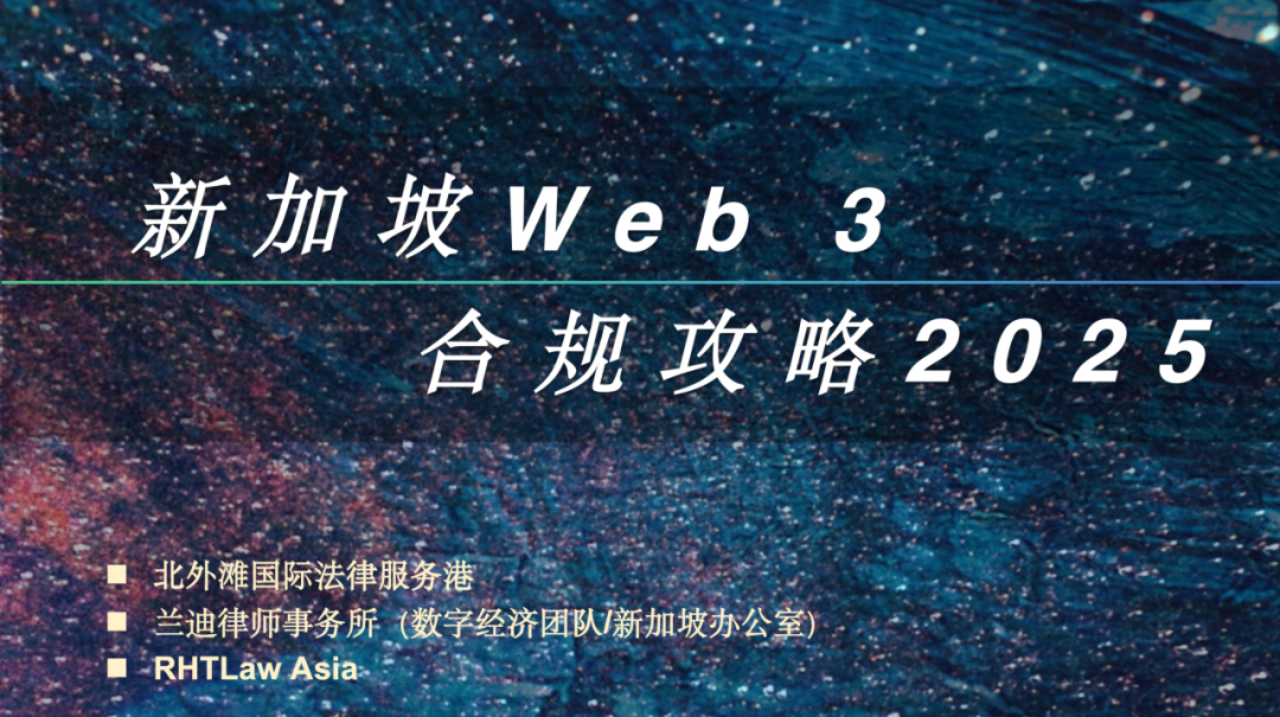
As Web3 technologies drive revolutionary changes in finance and the digital economy, the compliance of innovative models such as digital asset trading and decentralized protocol operations has become a core issue for the industry. Regulatory frameworks vary significantly among major global economies: the U.S. strengthens regulation on the securities attribute (of digital assets), Hong Kong has introduced a licensing regime for virtual asset service providers, and Dubai explores innovative regulatory paths through its free zone policies. Singapore, however, has firmly established itself as a key global compliance hub for Web3 enterprises in their strategic layout-backed by its comprehensive Financial Services and Markets Act (FSMA), the innovative regulatory stance of the Monetary Authority of Singapore (MAS), and pioneering practices such as DBS Bank’s blockchain-based securities trading pilot. This seminar focused on Singapore’s compliance framework, aiming to provide market participants with targeted actionable guidance.
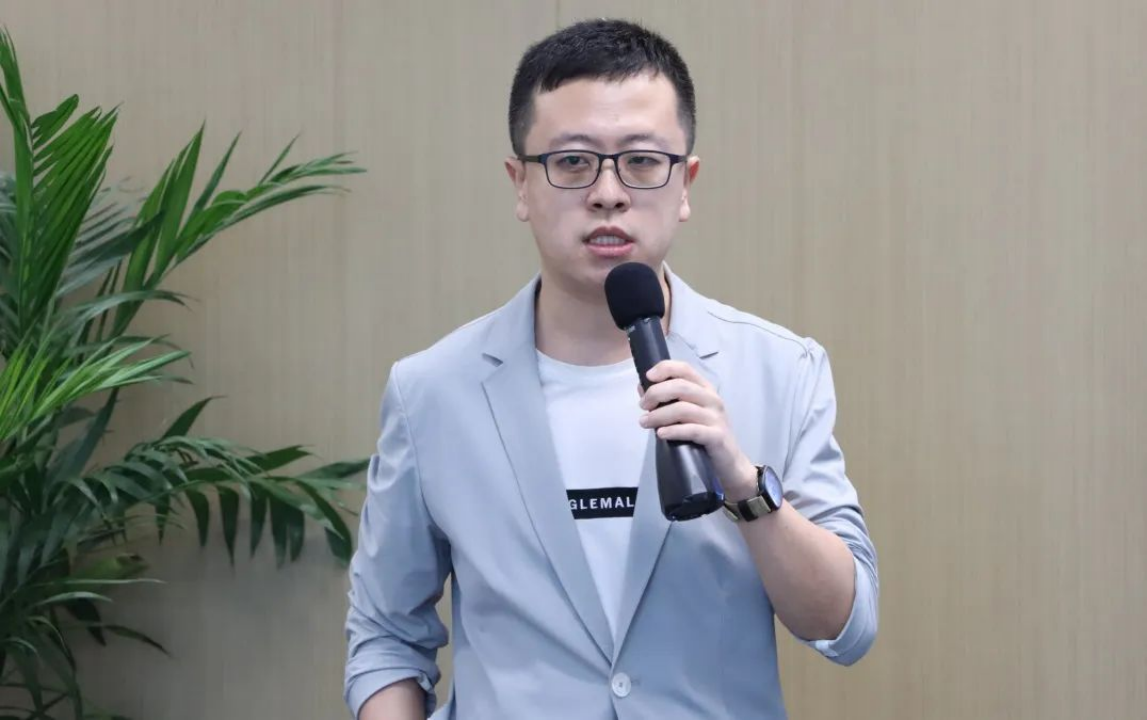
Expert Analysis: Singapore’s Regulatory Framework and Comparisons with International Regimes
Mr. Zhuang Lilin, Head of Financial Regulatory Services and FinTech Practice at RHTLaw Asia LLP, delivered a professional presentation in full English, systematically outlining Singapore’s digital asset regulatory framework. His presentation revealed that the sustainable development of the Web3 ecosystem is highly dependent on the synergy between legal regulation and technological innovation.
On digital asset classification, Mr.Zhuang meticulously distinguished between the legal attributes of tokenized assets, investment assets, digital non-financial assets, and digital payment tokens. He also compared the regulatory frameworks of Singapore, Hong Kong, and Dubai, noting that Singapore has clearly defined licensing requirements for digital payment token services through the Financial Services and Markets Act (FSMA). At the same time, relevant judicial precedents have confirmed the property status of cryptocurrencies and established valuation standards, forming a “legislation + judiciary” dual-track regulatory system. By conducting an empirical analysis of Singapore’s supportive stance and risk management strategies regarding stablecoin issuance, he provided an important reference for enterprises in designing their compliance paths.
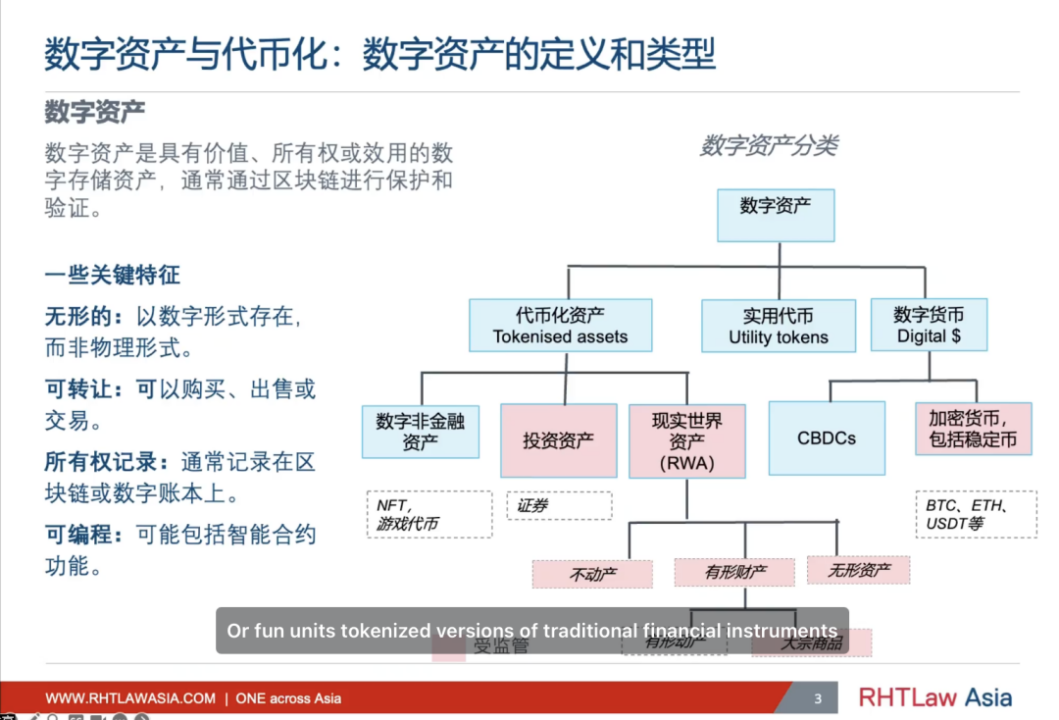
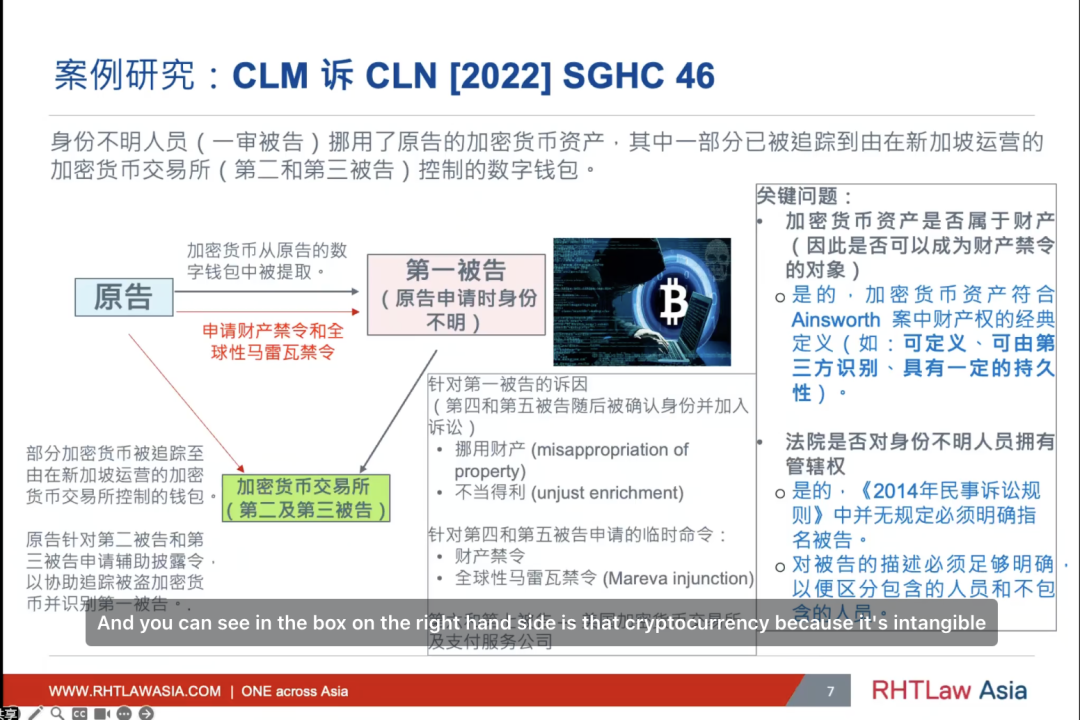
Cross-Border Compliance: Deconstruction of Risk Maps and Analysis of Typical Cases Mr. Zhao Tianjiao, Operations Director of Shanghai Landing Law Offices’ Digital Economy Team, systematically deconstructed the three-tiered legal risk map (covering criminal, civil, and administrative risks) in the Web3 sector from the perspective of cross-border investment. Through five typical complex case studies, he delved into core industry disputes, including:
Mr. Zhao also shared the practical experience of Landing’s team in cross-border data compliance and AI governance, showcasing the team’s professional service capabilities across the entire industrial chain of the digital economy.
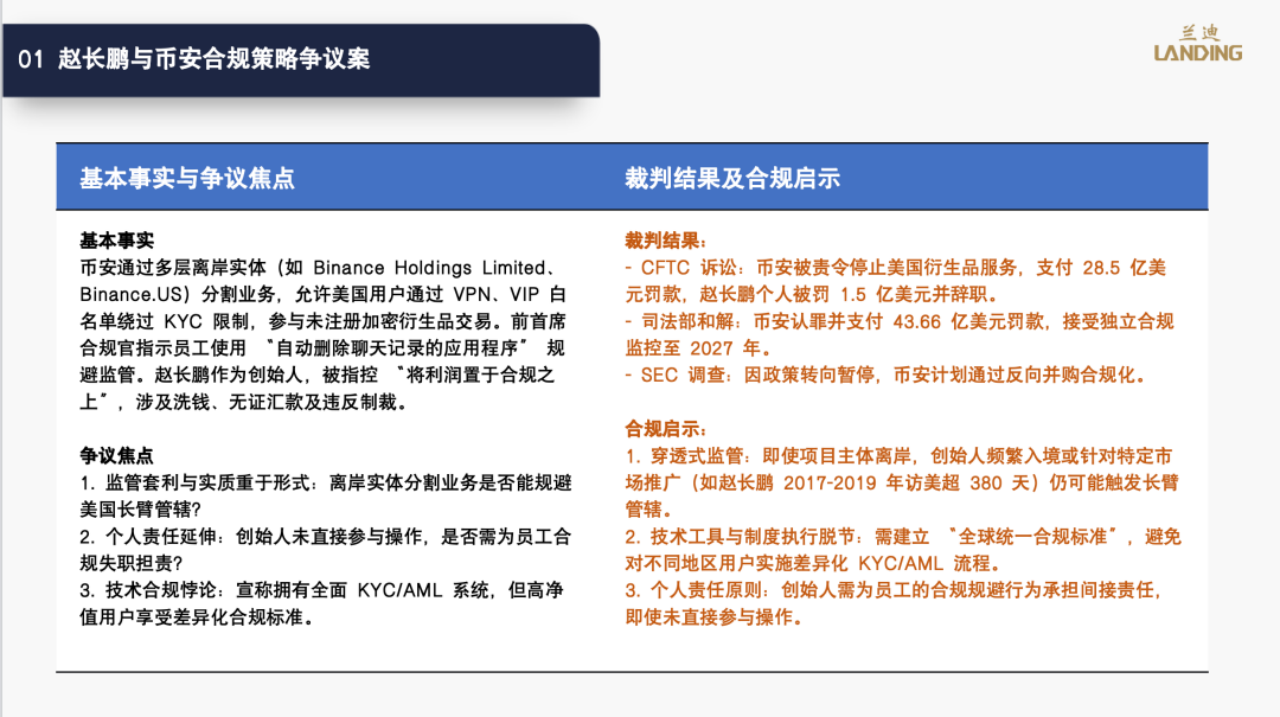
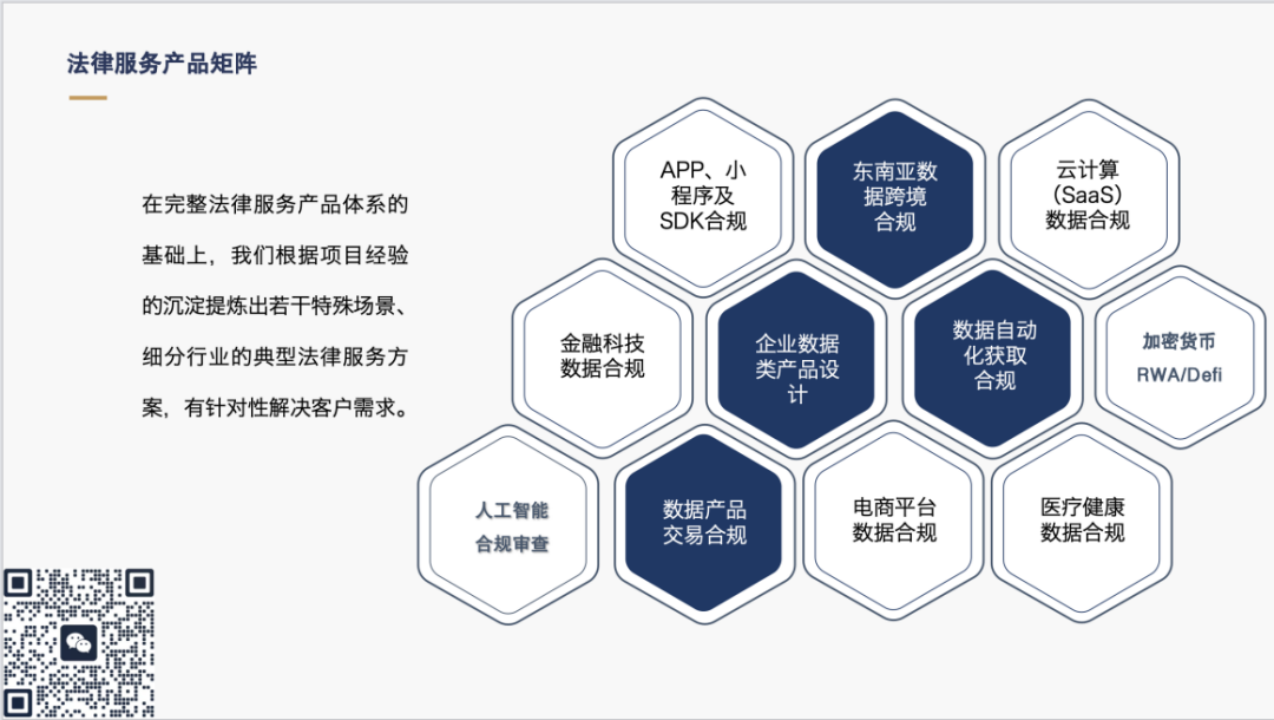
Roundtable Discussion: Opportunities and Challenges for Chinese Enterprises in Web3 Layout
A roundtable discussion composed of senior industry professionals and legal experts focused on the core topics of Chinese enterprises’ participation in DeFi (Decentralized Finance) and RWA (Tokenization of Real-World Assets) projects, and conducted in-depth discussions.
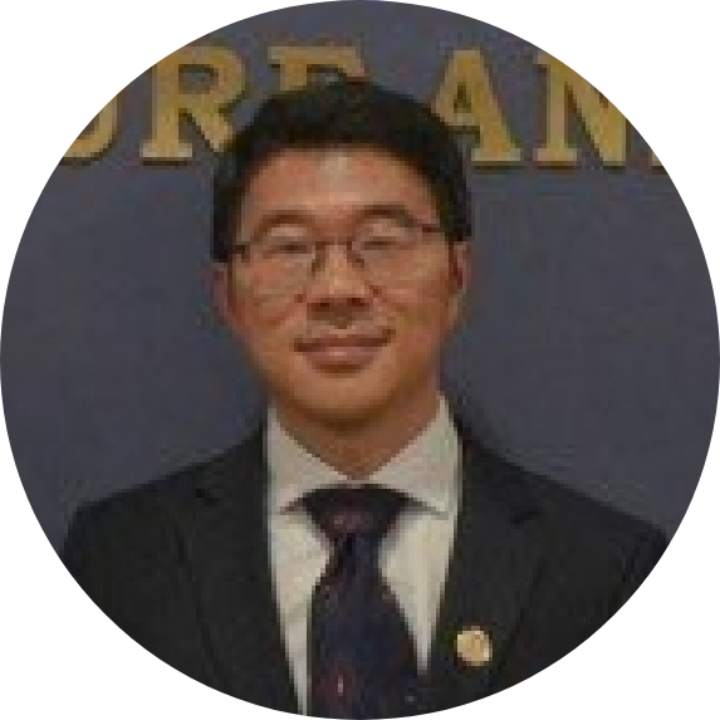
Mr. Lin Youyuan, Partner of the Cambodia Digital Economy Development Fund, pointed out that RWA (Tokenization of Real-World Assets) is an inevitable future trend, and that the regulatory friendliness of the token issuance jurisdiction is crucial. The Cambodian cultural heritage digitization project led by his team has provided a practical example for the tokenization of cultural IP assets.

Mr. Zhuang Lilin stressed that financing frameworks must fully consider securities law requirements across jurisdictions and recommended seeking multi-jurisdictional legal opinions.
Mr. Du Weijun, Founder of MOPA Ventures, noted that the U.S. Stablecoin Act will reshape the global payment landscape, advising traditional financial institutions to accelerate digital transformation.

Dr. Ma, affiliated with Shanghai University of Finance and Economics, pointed out that while RWA (Tokenization of Real-World Assets), as young projects, must observe compliance red lines, overly strict compliance requirements at the initial stage may suppress enthusiasm for innovation.
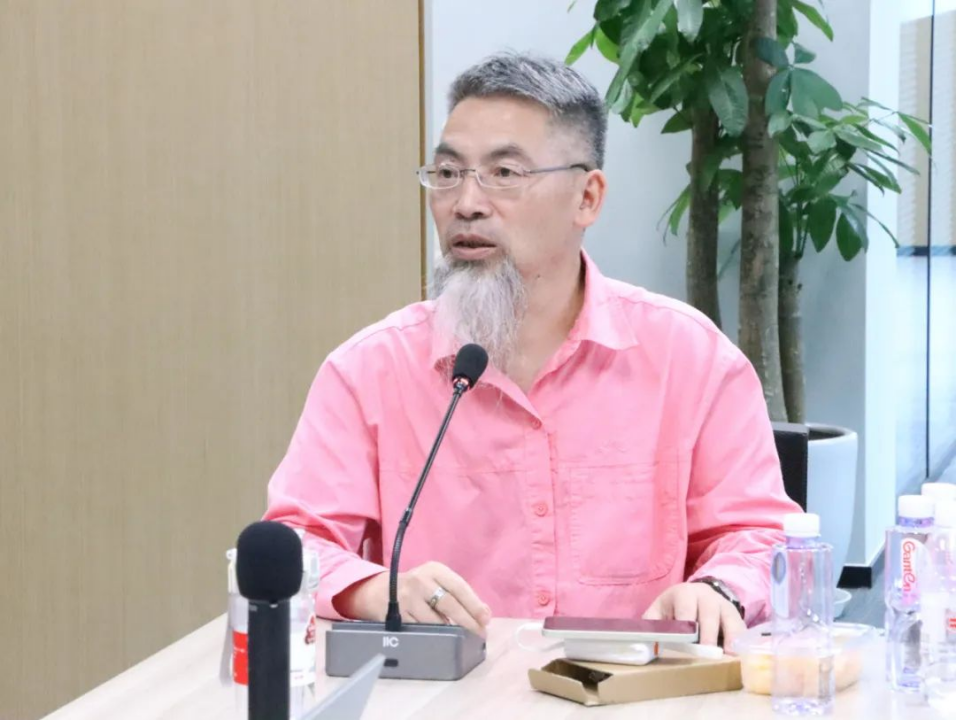
Mr. Zhao Tianjiao added that the definition of the legal nature of underlying assets of RWA (income rights vs. ownership) directly impacts transaction structures and compliance strategies, requiring a balance between legal requirements and commercial objectives in asset selection.
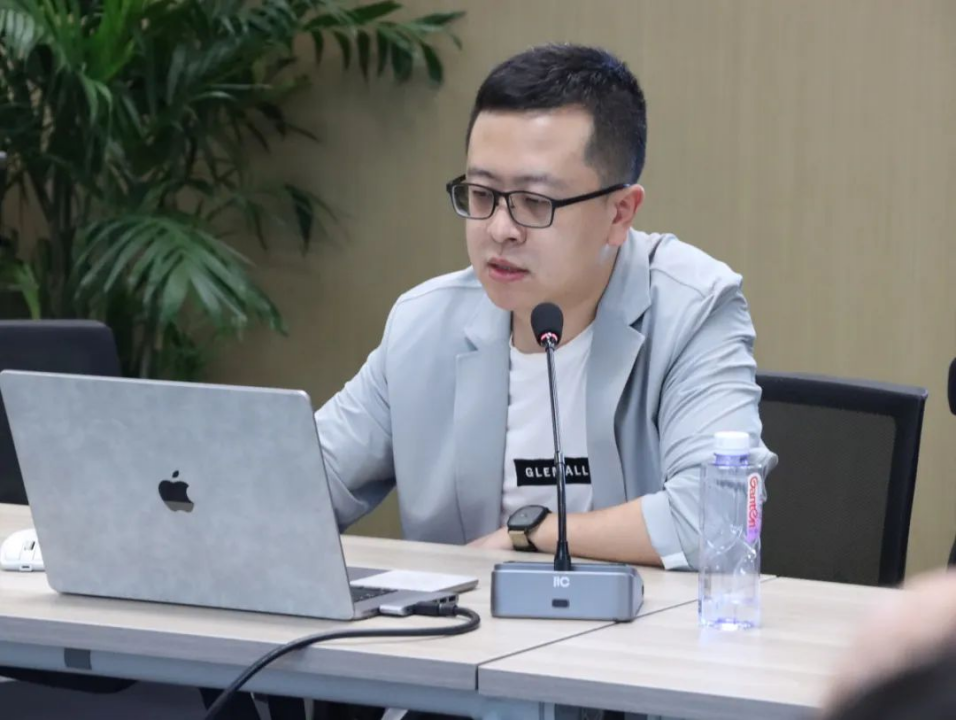
Participants on-site and online engaged in interactive discussions around several RWA projects and their compliance issues.

兰迪律师官方微信

兰迪全球官方微信